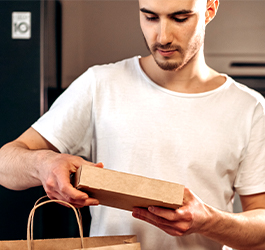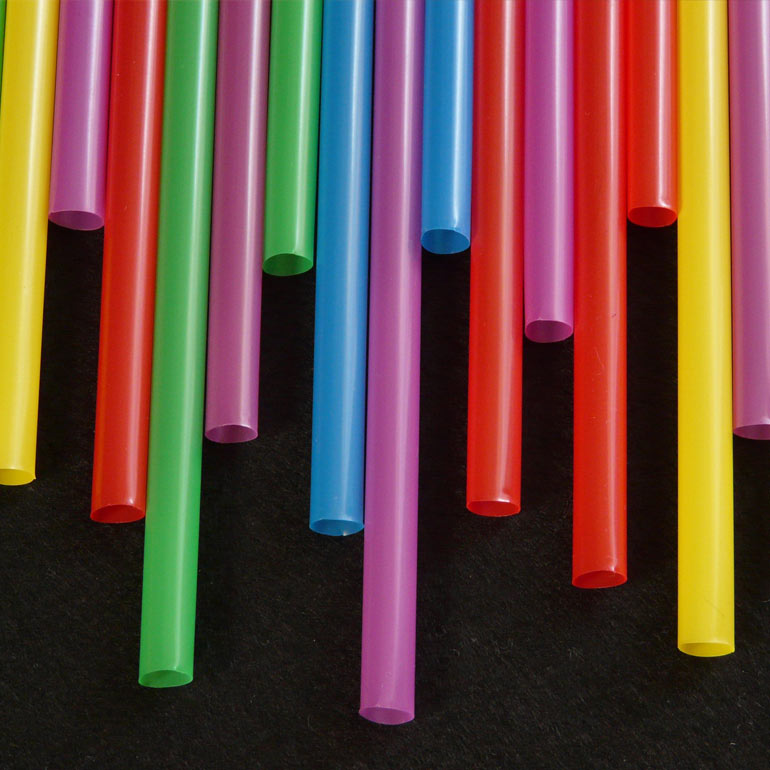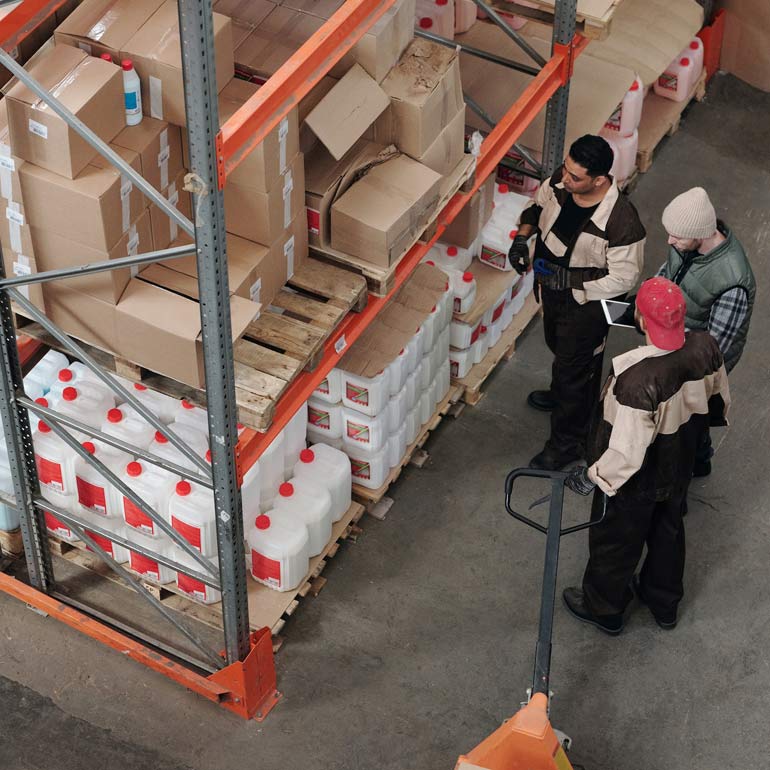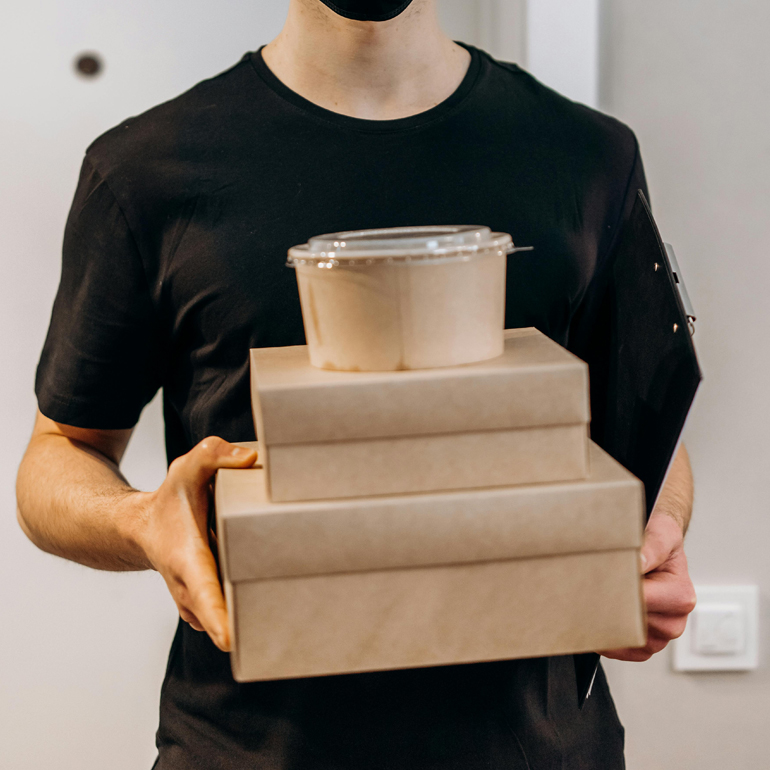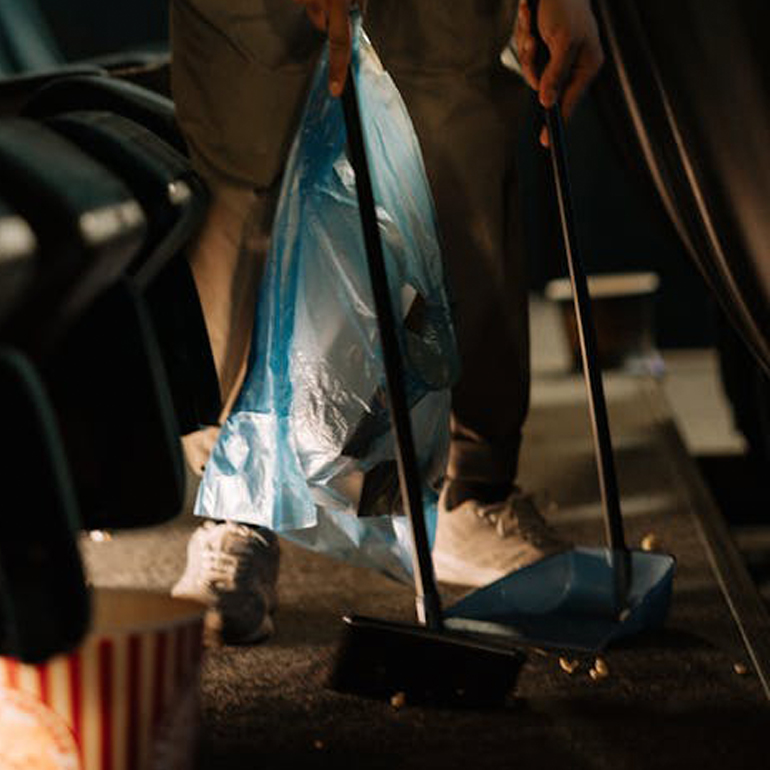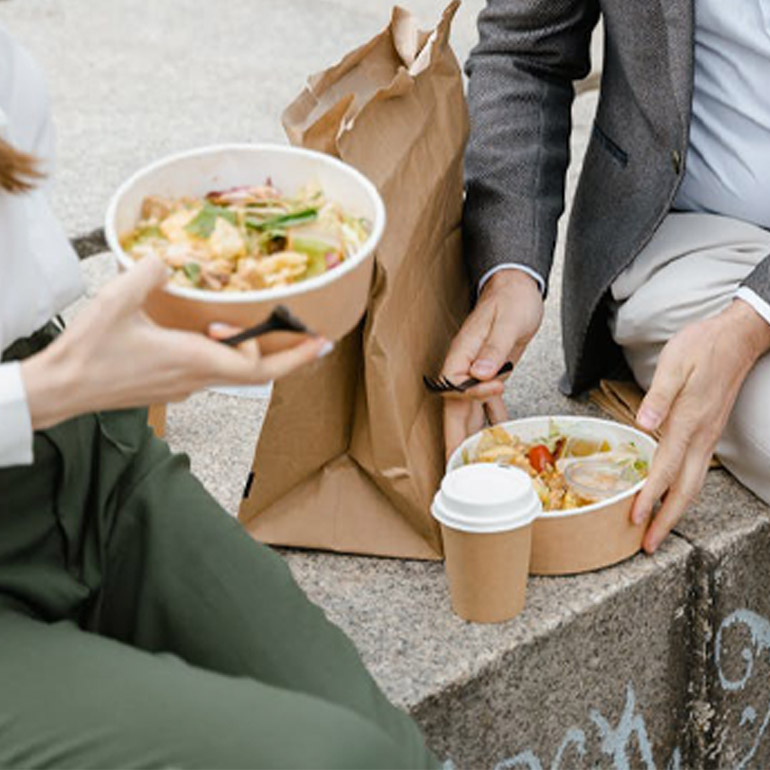Can you Recycle To-Go Food Containers?
In today's increasingly eco-conscious world, individuals and businesses alike are recognizing the importance of finding sustainable solutions for everyday items. With the rising popularity of takeout and food delivery services, proper disposal of to-go food containers has emerged as a critical concern, especially for restaurants striving to establish an environmentally friendly image. Addressing this need, Richmond Advantage has positioned itself as a trusted leader in the supply of sustainable kitchen solutions. By offering a diverse range of eco-friendly container options, Richmond Advantage not only caters to the functional requirements of customers but also actively contributes to a greener environment.
A commitment to sustainability allows businesses and consumers to make responsible choices while enjoying the convenience of on-the-go dining. With Richmond Advantage as their partner, individuals and food service establishments can confidently embrace eco-friendly practices, knowing that their commitment to a healthier planet is supported by reliable and sustainable container solutions.
What are to-go food containers made of?
When it comes to recycling to-go food containers, understanding the materials they are made of is essential. Let's explore some common container materials and whether they can be recycled:
- Styrofoam: Unfortunately, styrofoam containers pose a significant challenge in recycling efforts due to their composition and limited recycling infrastructure. However, Richmond Advantage recognizes the need for sustainable alternatives and offers a diverse range of container options. One notable alternative is their molded fiber containers, crafted from renewable resources like sugarcane bagasse. These eco-friendly alternatives not only provide a responsible solution for businesses but are also fully recyclable, ensuring a positive impact on the environment. By choosing molded fiber containers, businesses can take a significant step towards reducing their reliance on styrofoam while embracing sustainable practices.
- Polypropylene: The recyclability of polypropylene containers can vary based on the availability and capabilities of local recycling facilities. Richmond Advantage understands the importance of accessible recycling options and offers alternative container materials to cater to diverse needs. Our selection includes innovative options such as mineral-filled containers, which blend plastic with natural minerals. By incorporating these materials into their restaurant to-go food container solutions, businesses can actively contribute by reducing the consumption of traditional plastics. As businesses transition to these eco-friendly options, they not only promote sustainability but also support the development of a circular economy.
- Polystyrene: Similar to styrofoam, polystyrene containers often pose challenges in the recycling process. Recognizing the environmental impact of polystyrene, Richmond Advantage offers a range of recyclable and compostable alternatives. These sustainable options not only provide practical solutions for businesses but also alleviate the burden on landfills. By opting for recyclable and compostable container options, businesses can make a positive impact by reducing the use of polystyrene and promoting a healthier ecosystem.
- PET plastic: PET plastic containers are commonly recyclable, but the specific recycling guidelines may vary depending on local recycling facilities. Richmond Advantage understands the importance of responsible recycling and offers a wide selection of eco-friendly containers that prioritize sustainability and recyclability. By incorporating PET plastic alternative, businesses can confidently align themselves with environmentally conscious practices, ensuring that their packaging waste can be efficiently recycled and repurposed.
- Cardboard: When it comes to recyclability, cardboard containers are widely recognized as a sustainable choice. Richmond Advantage acknowledges the significance of cardboard in promoting eco-friendly practices and offers a range of container options that prioritize both functionality and environmental responsibility. By selecting cardboard-based to-go containers, businesses can confidently contribute to waste reduction efforts while ensuring the safe disposal and recycling of their packaging materials. Embracing these eco-friendly solutions not only supports businesses' sustainable image but also encourages the adoption of circular practices in the food service industry.
Other factors to consider when disposing of to-go food containers
Apart from the material, several other factors determine whether a to-go food container can be recycled:
- Soiled with food grease: Containers heavily soiled with food grease may not be accepted by recycling facilities. Opting for compostable containers, available through Richmond Advantage, can be a great solution to overcome this challenge.
- Local recycling facilities: Recycling capabilities can vary by location. Familiarize yourself with the recycling guidelines in your area to ensure proper disposal of to-go food containers.
When it comes to recycling to-go food containers, making informed choices is crucial for both businesses and customers. Richmond Advantage offers sustainable alternatives that align with your eco-friendly goals.
Experience the benefits of choosing Richmond Advantage, including nationwide shipping, competitive pricing, and free local delivery. Let's work together to create a greener future by embracing eco-friendly solutions. Order your sustainable kitchen supplies from Richmond Advantage today!



